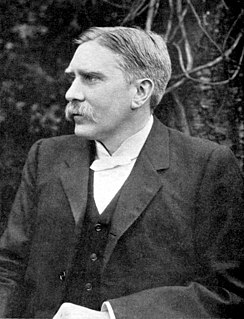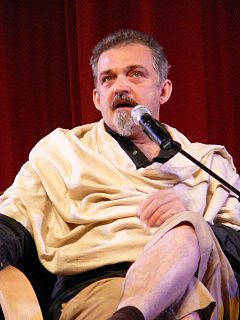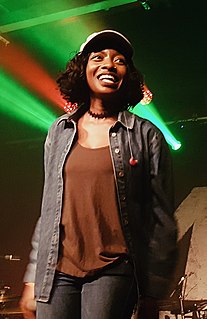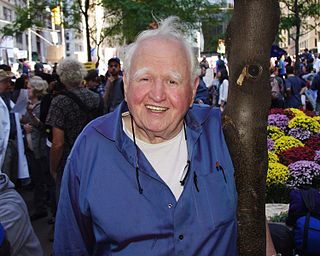A Quote by A. C. Benson
It is often wonderful how putting down on paper a clear statement of a case helps one to see, not perhaps the way out, but the way in.
Related Quotes
Looking out of my window this lovely spring morning I see an azalea in full bloom. No, no! I do not see that; though that is the only way I can describe what I see. That is a proposition, a sentence, a fact; but what I perceive is not proposition, sentence, fact, but only an image which I make intelligible in part by means of a statement of fact. This statement is abstract; but what I see is concrete.
I think in London - and I don't wanna offend anybody in America, but this is a real statement - they still have the right approach to making music. In the U.S., people see it as a way to make money; they see it as a means to get out. It's a hustle, which is great - any way you can provide for your family that's legal is fantastic.
Simple and more frequent dates allow both men and women to ‘shop around’ in a way that allows extensive evaluation of the prospects. The old-fashioned date was a wonderful way to get acquainted with a member of the opposite sex. It encouraged conversation. It allowed you to see how you treat others and how you are treated in a one-on-one situation. It gave opportunities to learn how to initiate and sustain a mature relationship. None of that happens in hanging out
When an English man speaks well, for example now, and this is another way of putting us down, they say he's "eloquent" you see. "Oh, eloquent chap they are!" An Irish person speak well, they say, "Ah, you have the gift of the gab." "Ah, you kissed the blarney stone." You see, all of this putting us down.
Poetry is perhaps this: an Atemwende, a turning of our breath. Who knows, perhaps poetry goes its way—the way of art—for the sake of just such a turn? And since the strange, the abyss and Medusa’s head, the abyss and the automaton, all seem to lie in the same direction—is it perhaps this turn, this Atemwende, which can sort out the strange from the strange? It is perhaps here, in this one brief moment, that Medusa’s head shrivels and the automaton runs down? Perhaps, along with the I, estranged and freed here, in this manner, some other thing is also set free?



































